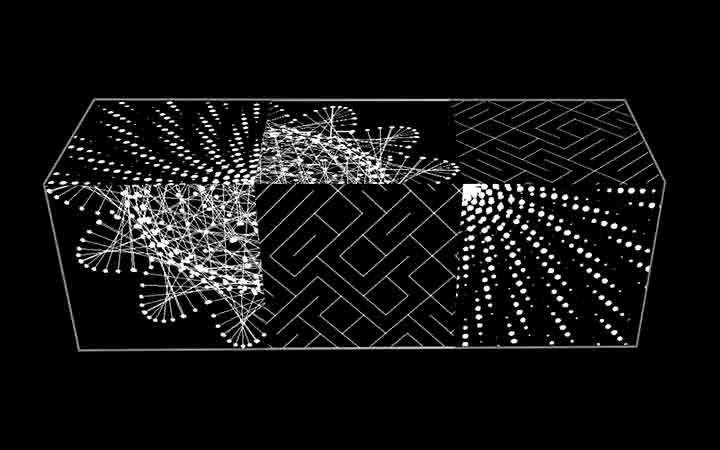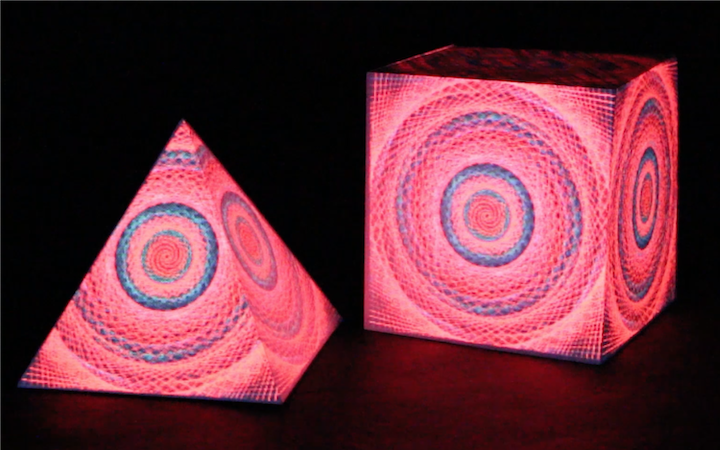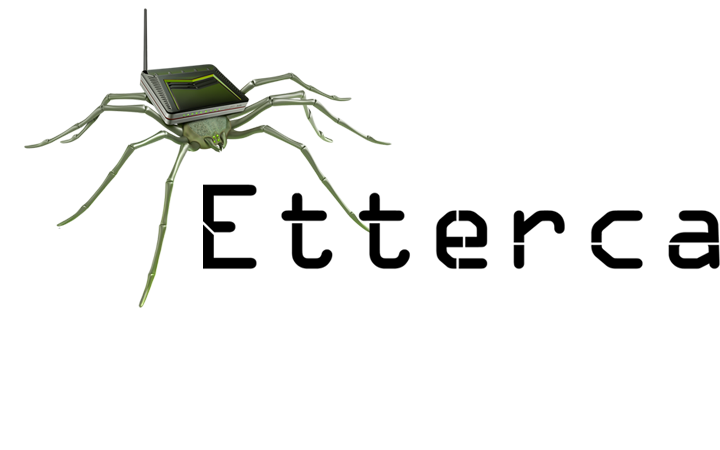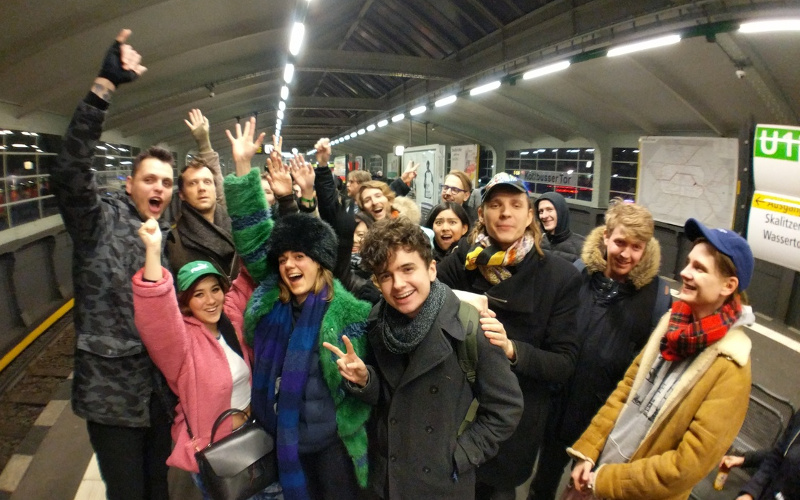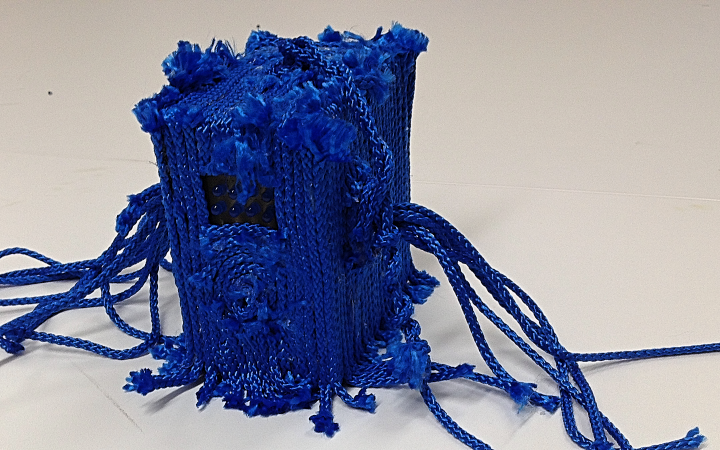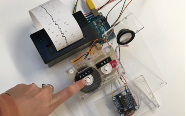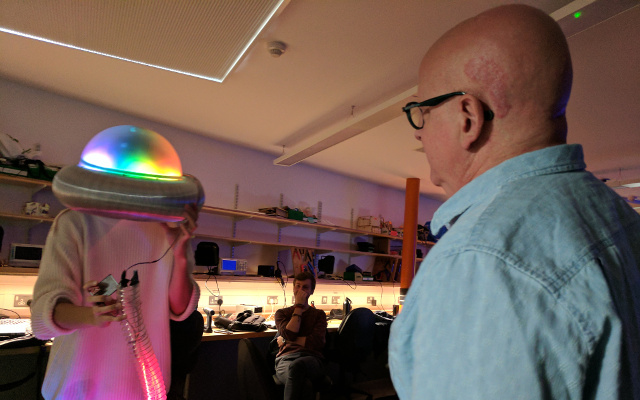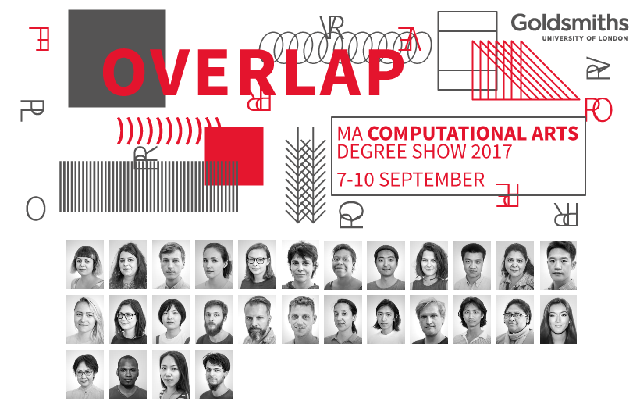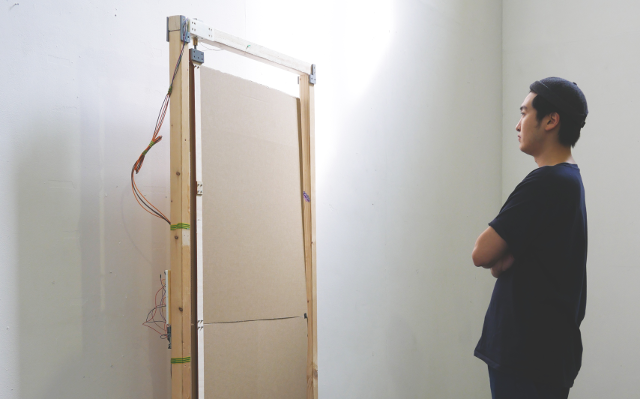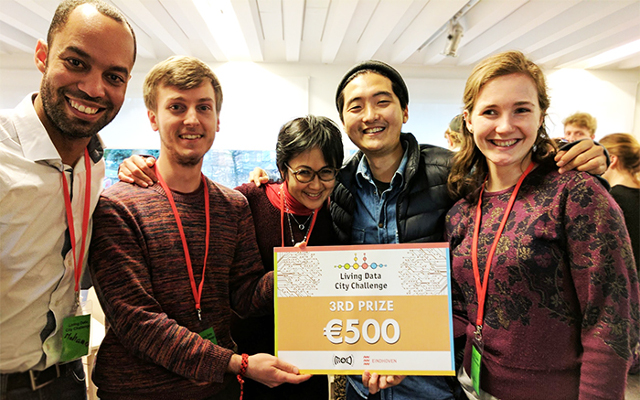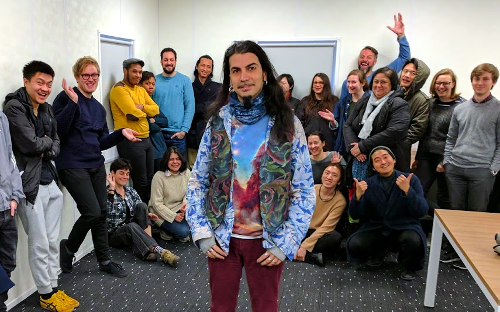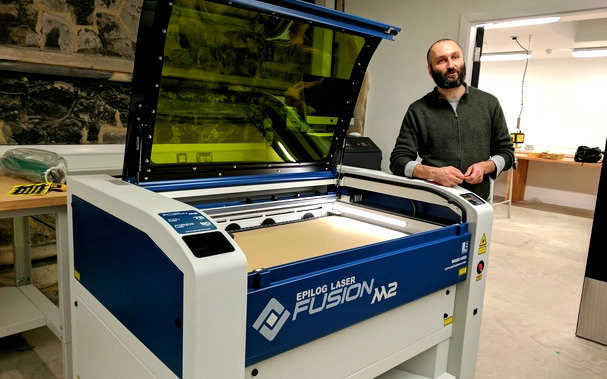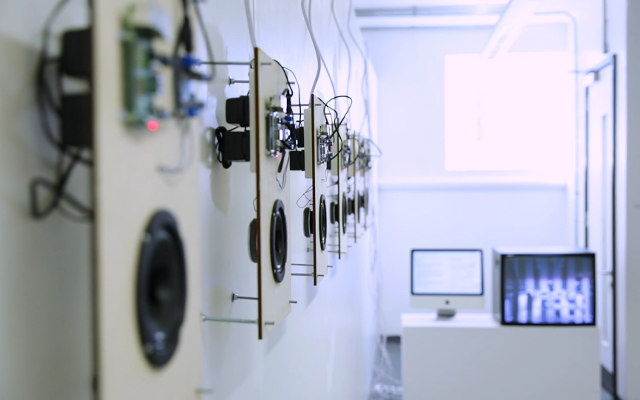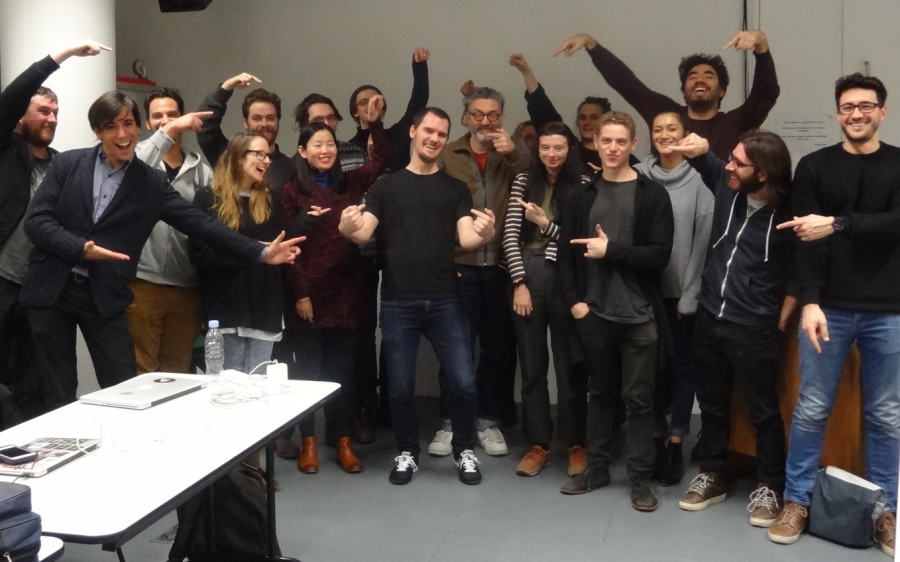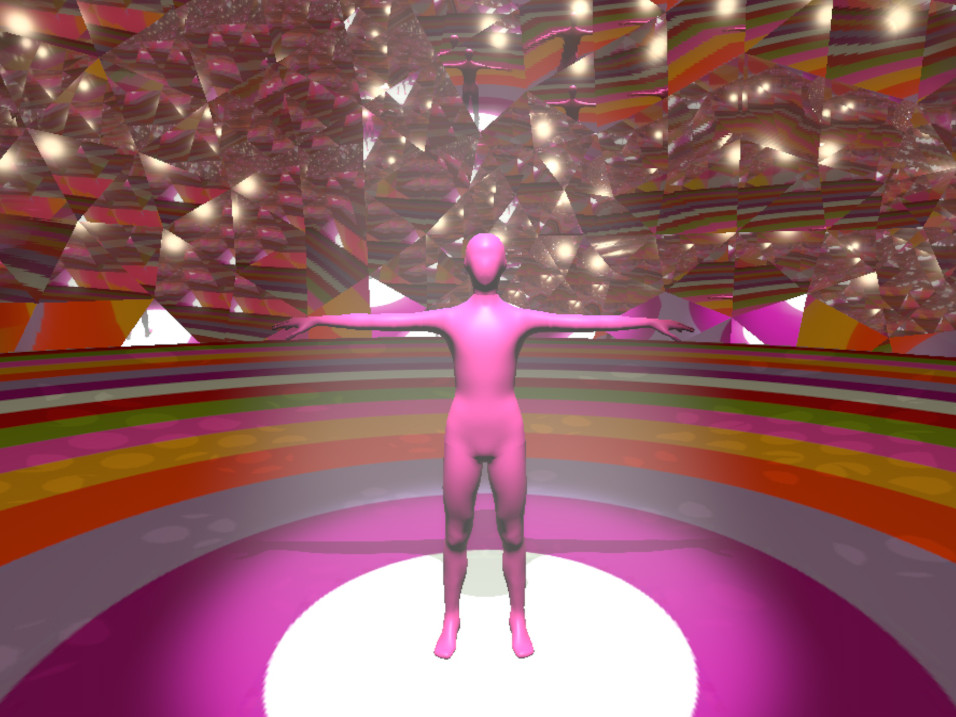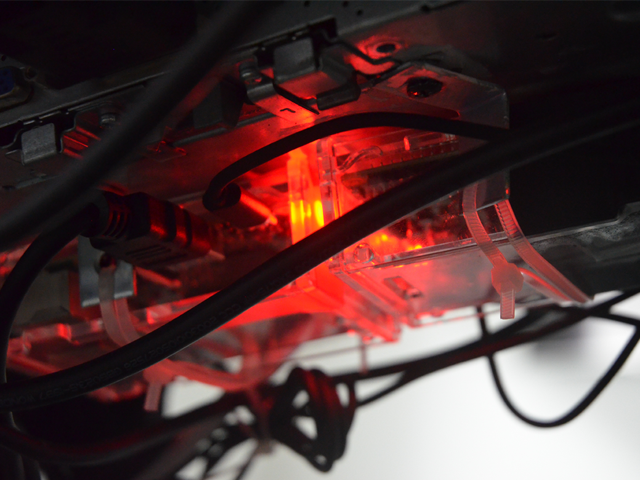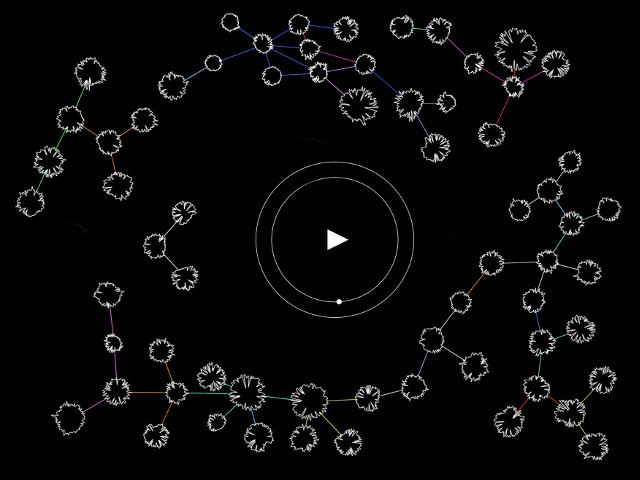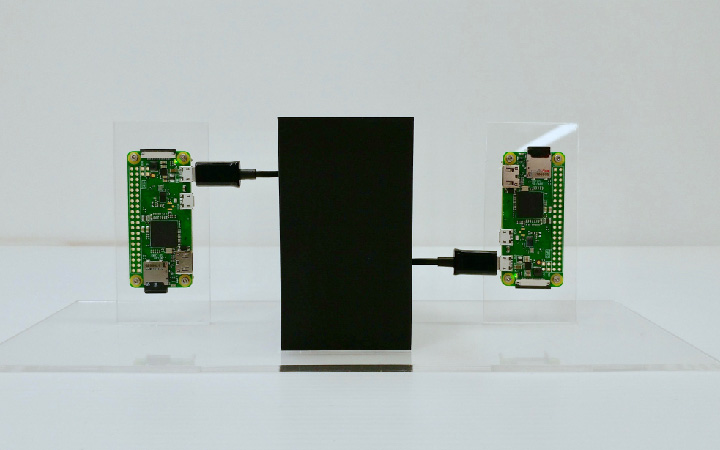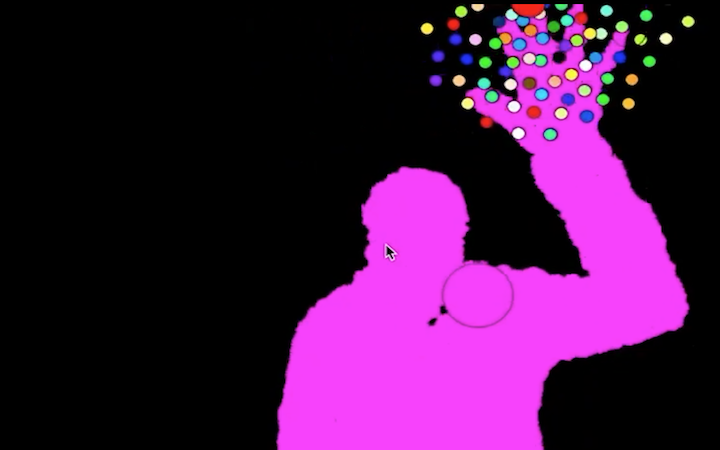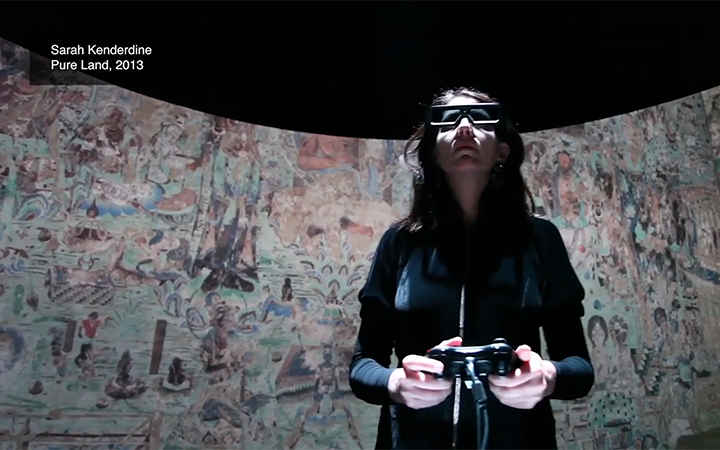FaceME: A Speculative Project on Emotional Labor and Expression
Machines and robotic systems perform a large part of labour in the modern society. Since the industrial revolution machines have taken over almost all manual labour, and since the invention of computers, most cognitive labour as well. Contemporary social companion robots and customer service robots are now starting to perform an increasing amount of emotional labour. According to Maslow's Hierarchy of Needs, the next step after physical and emotional needs would be self actualisation. We would like to explore systems that would allow machines to perform labour related to emotions and self-actualisation.
Social interactions and self actualization are exhausting. In recent years people have gotten used to having versions of their identities represented online and using software and other devices to interact with other people. The world’s population has increased and spaces are becoming crowded. Interaction with strangers and the amount of emotional labour is overwhelming. People have an increased need to spend some time by themselves and also a desire to have all of these external interactions managed by an intelligent system. In addition to this, many forms of labor are performed remotely, forcing people to live more solitary lives. Nomadic lifestyles have become the norm due to changing environmental, political and economic factors. This combination of solitary personal lives and crowded anonymous interactions leaves people with a desire to have their emotions managed and to have a companion with whom they can confide in. Complex internal lives that are entangled with intelligent devices have replaced most social and physical interaction with humans.
Our company has stepped in to meet this consumer need. Our product provides a networked interface that conveys a user's emotions to the outside world and helps them to manage their emotions so that they are always in a comfortable mood. In addition to this, it tracks a user's behaviors by collecting data from their social, online and spatial interactions, bodily functions, consumer habits and other behaviors. It uses this data to determine the user's desires and emotional state. Based off of this, it recommends activities that the user can do to stabilize their emotions and provide them objectives that they can do to reach their goals, which the intelligent system has determined based off of the user's behavior.
Emotional labor performed by the user allows them to foster a genuine emotional connection with the product. The software and the device will engage with the user throughout the day by asking questions about their activities and interests. In order to have an optimum engagement with the system, it will require the user to answer these questions.
The mask is one of the major components of this system. It covers the user's face and displays the appropriate emotion for the situation. The mask is also able to manage the user's emotions by releasing fumes that calm or excite them, or with physical stimuli through sensor pads in the mask or in the user's clothes. When the user gets home and is alone, they take off the mask and are able to converse with the mask. The mask stops being a public facade for the user and instead takes the role of an intimate companion that engages in the user's interests and helps them determine and achieve their life goals.
You can check out the website here: http://jmkvc.xyz/faceme
Authors: Eevi Rutanen, Laura Subirats Gonzalez, Julia Makivic




